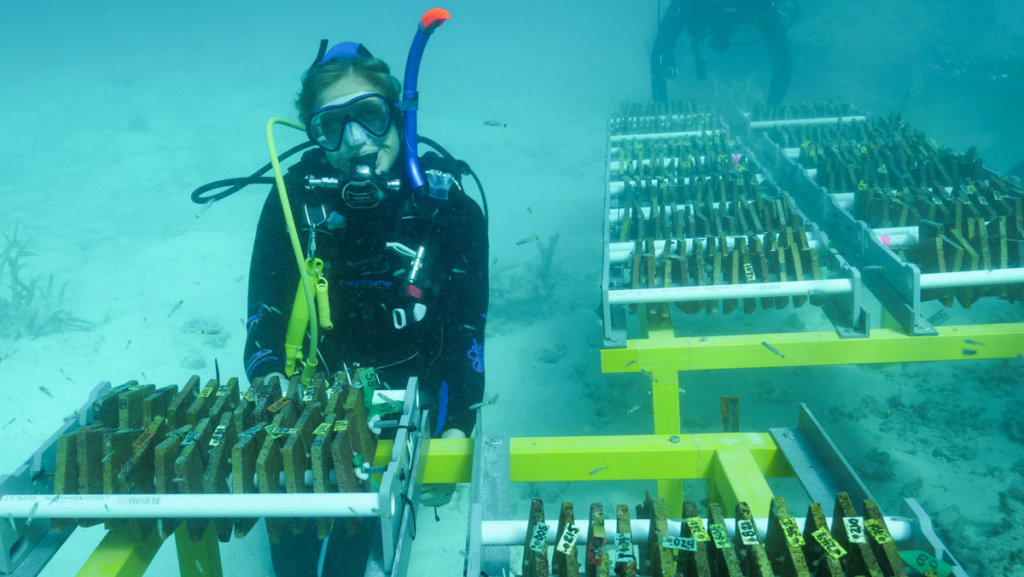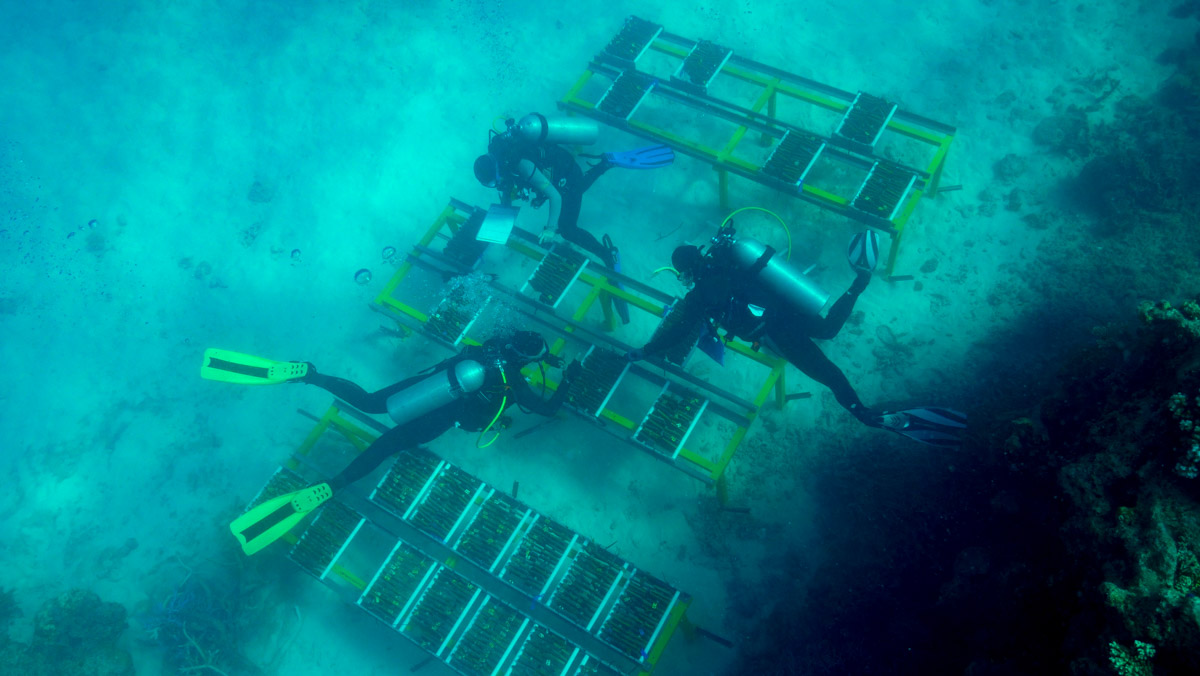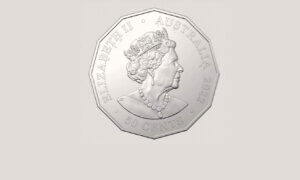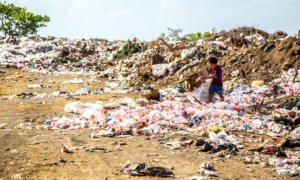The researchers at the Australian Institute of Marine Science (AIMS) don’t joke around when it comes to the health of the Great Barrier Reef, which has been put in danger in the past years due to pollution and climate change. To combat the declining health of the reef, the researchers raised coral babies in the National Sea Simulator.
The National Sea Simulator holds a number of different tanks capable of recreating the conditions the reef is currently in as well as future conditions that might affect it such as increased temperatures or acidification – a very real and possible change the ocean might go through in the next 50 or 100 years.
Ecological geneticist and Australian Research Council Laureate Fellow at the Australian Institute of Marine Science and the University of Melbourne, Madeleine van Oppen is the one currently leading this in-vitro fertilization project that aims to help the corals adapt to climate change in view of the constantly rising sea temperatures.

“Most corals in the wild are now living at the very top of their survival limit in terms of temperature,” van Oppen has stated “But these corals are showing promise; we have seen some coral hybrids grow and survive better under elevated temperature and acidity levels, compared to their parents. They have shown resilience in the lab so now we have placed them back on reef where their parents were originally collected, to see how they survive in their natural environment.”
The project was offered a $4 million funding grant from the Paul G. Allen Family Foundation as well as additional funding from AIMS and has been launched in both Australia and Hawaii.
Also Read: ✍️The Great Barrier Reef Has A New Protector: The LarvalBot✍️
Follow TechTheLead on Google News to get the news first.

























